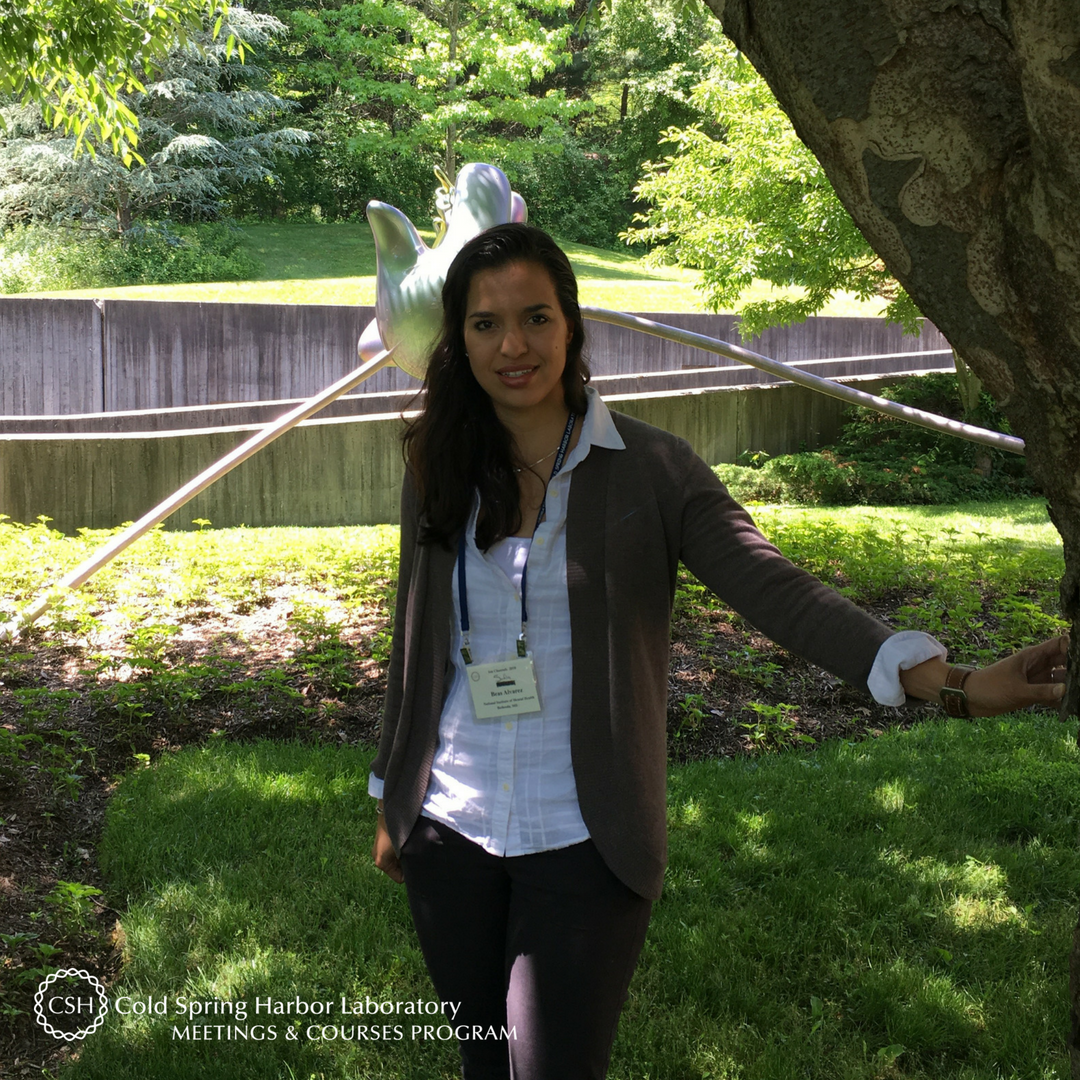Meet Guillaume Burnet of the University of Queensland (Australia). Since the beginning of this month, the first-year PhD student and Josephine Bowles lab member has been on campus training in the Mouse Development, Stem Cells & Cancer course.
What are your research interests? What are you working on?
I am working on male germ cell development and spermatogonial stem cells specification. I am particularly interested in the role a protein called Cripto plays in the maintenance of pluripotency of those cells.
How did you decide to make this the focus of your research?
Given germ cells ultimately give rise to sperm or oocytes, and are responsible for the maintenance of the population at the species level, I find the germ cell biology field fascinating and dedicated my PhD journey wanting to understand how these cells achieve such a function.
How did your scientific journey begin?
I completed my postgrad studies in France, majoring in genetics and developmental biology. I did several summer projects, including one in my current lab, which is where and when I knew I wanted to work in research and start a PhD.
Was there something specific about the Mouse course that drew you to apply?
I am interested in learning more about embryos and organ culture; and was most excited to gain hands-on experience producing a transgenic mouse, from microinjecting embryos to performing an oviduct transfer.
What and/or how will you apply what you've learned from the course to your work?
Through the course, I became more proficient in microinjection which I can reproduce at my home institution. I will also be able to try new conditions of embryo culture that could help with my project. And if I have any questions regarding a technique, I can contact the instructors and teaching assistants. Another advantage of taking this course is the possibility of returning back home with collaborations. I met many different people during the course and already have possible collaborations in mind.
What is your key takeaway from the course?
I feel so much more confident about trying new experiments by myself. I discovered a lot of new techniques during this course, a lot of which I can envision incorporating into my research. I also met a lot of the field’s experts and being exposed to their ideas have sparked new thoughts for my project.
How many CSHL courses have you attended? Have you participated in a meeting at CSHL?
This is my first course and I hope to attend a future Germ Cells meeting here.
If someone curious in attending this course asked you for feedback or advice on it, what would you tell him/her?
I would highly recommend they attend this course – no matter their level of experience. In the start of the course, a number of my course mates did not have any experience with mice whatsoever but they are now handling mice like pros. And for those who have some experience working with mice, the range of techniques taught is so diverse that there is something for you. Plus, you will meet the leaders in the field, and can easily interact with them thanks to the relaxed environment.
What do you like most about your time at CSHL?
I really liked bonding with my course mates and teaching team – all of who I now happily call a friend. I also enjoyed connecting with the invited speakers over an occasional drink!
Guillaume received a scholarship from the Howard Hughes Medical Institute (HHMI) to cover a portion of his course tuition. On behalf of Guillaume, thank you to HHMI for supporting and enabling our young scientists to attend a CSHL course where they expand their skills, knowledge, and network.
Thank you to Guillaume for being this week's featured visitor. To meet other featured scientists - and discover the wide range of science that takes part in a CSHL meeting or course - go here.






